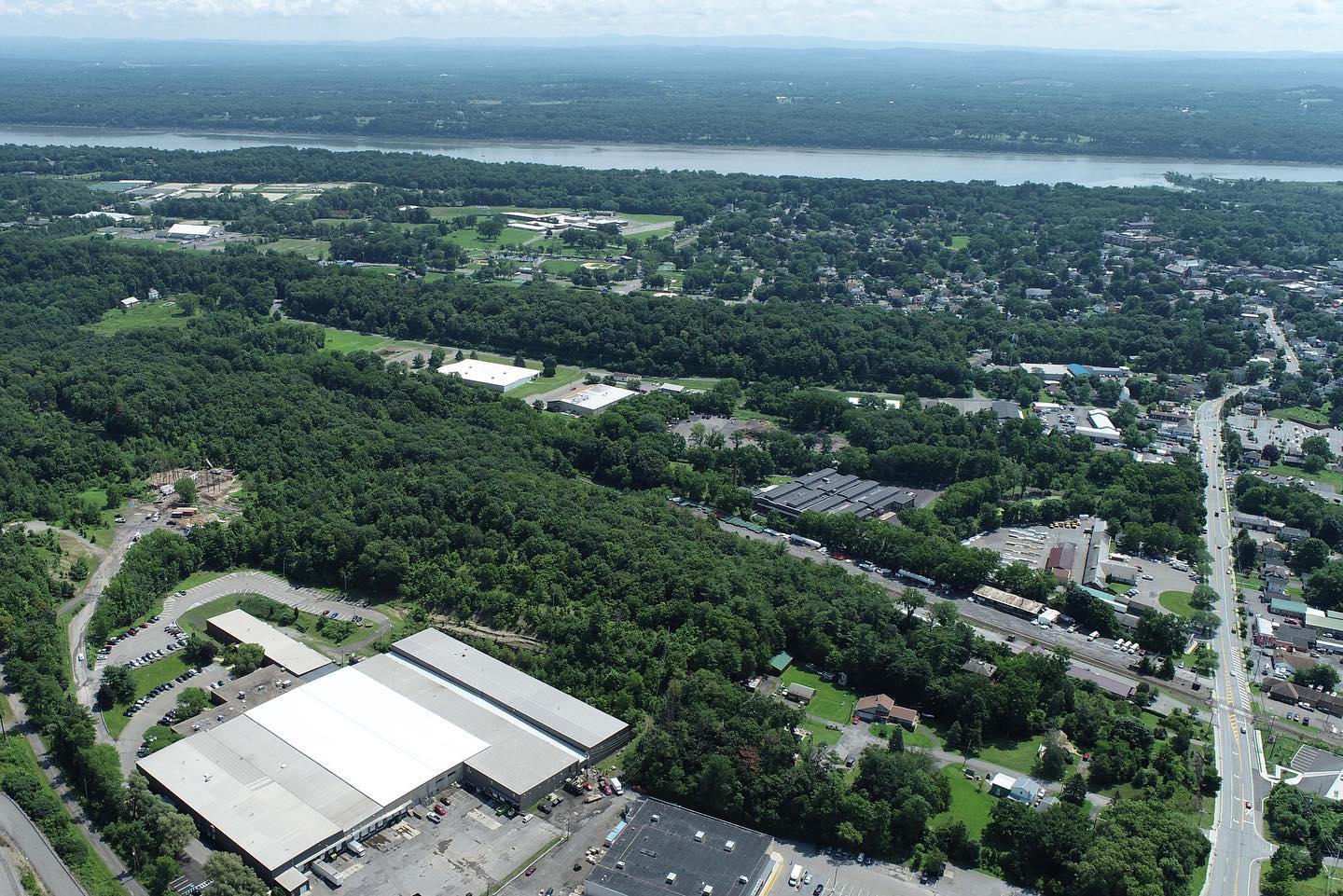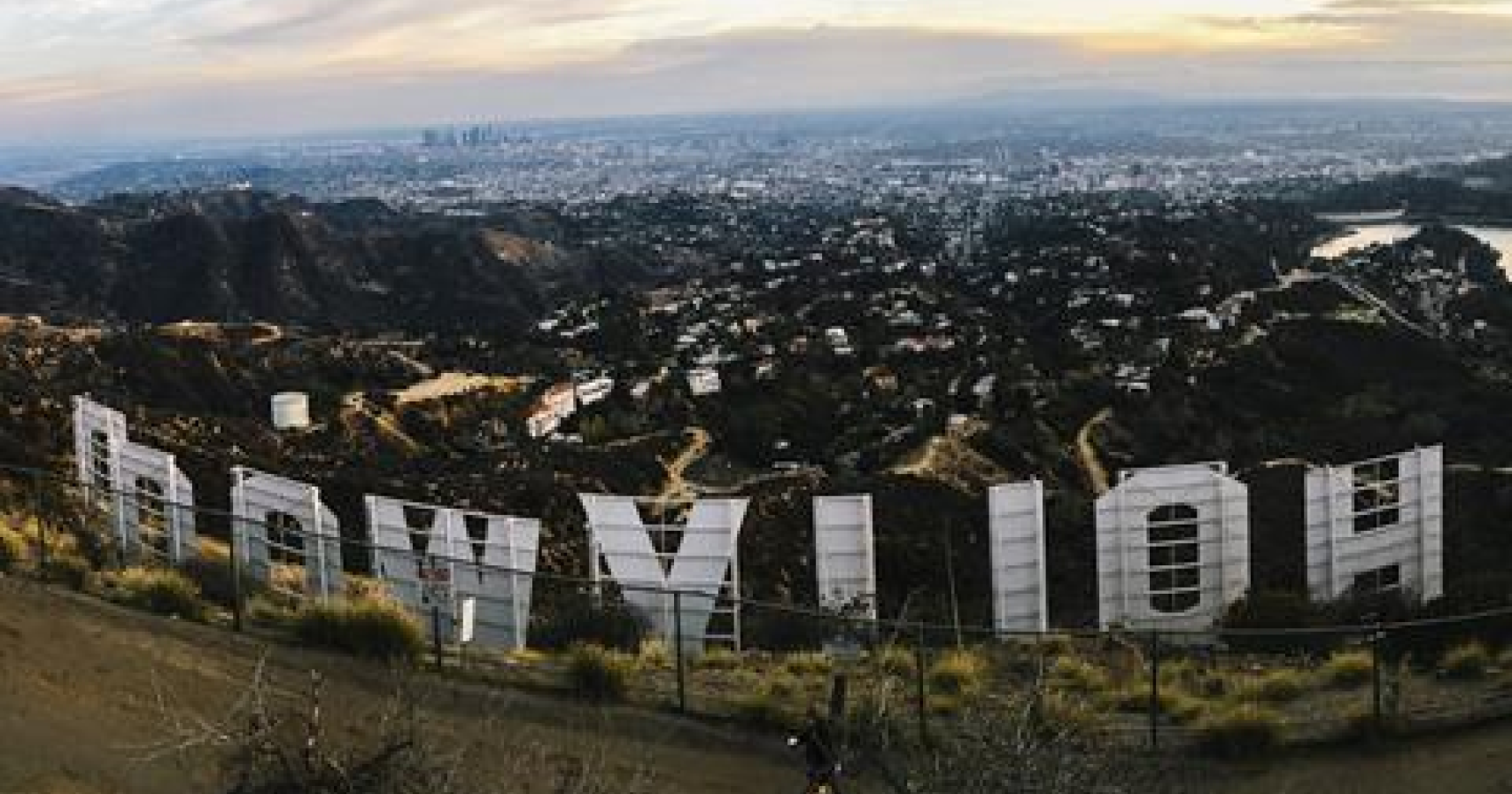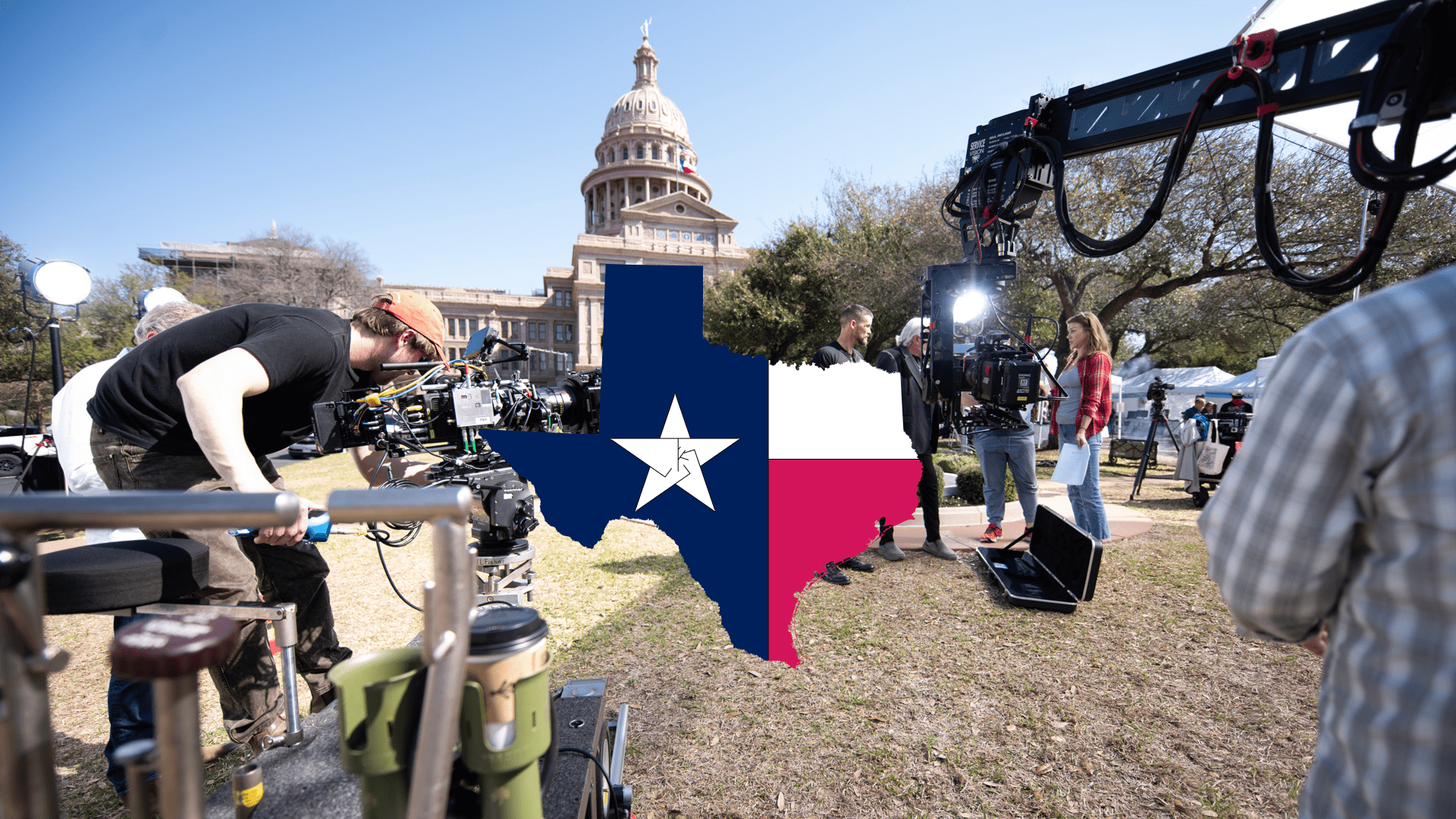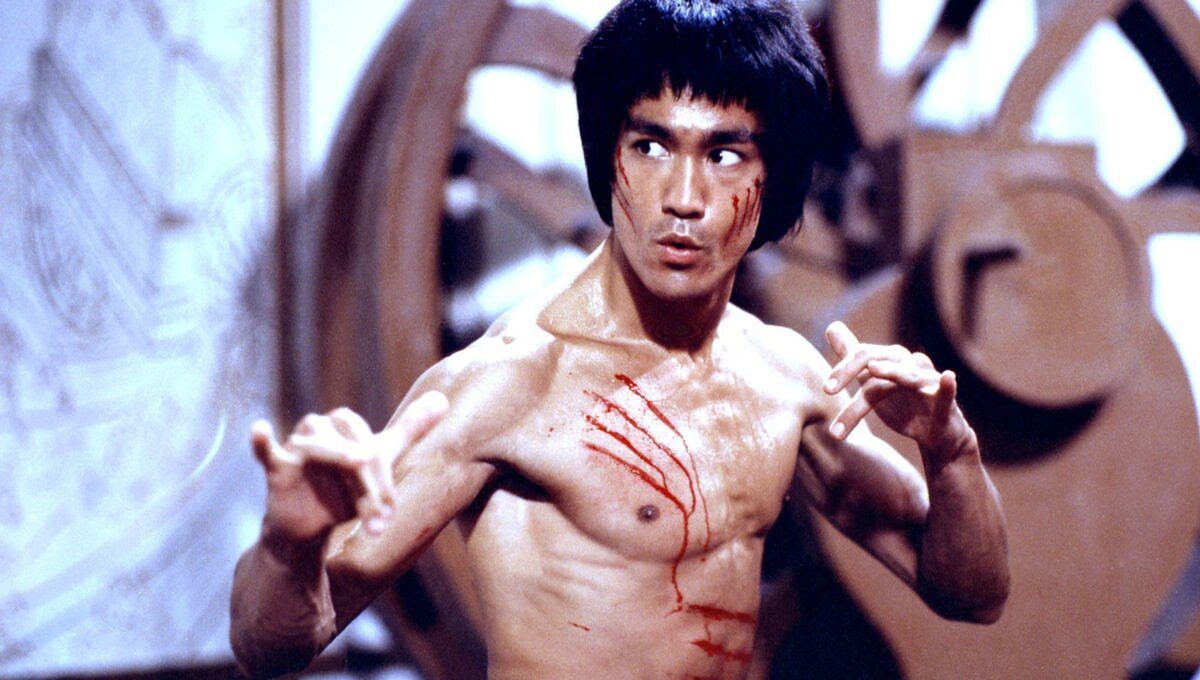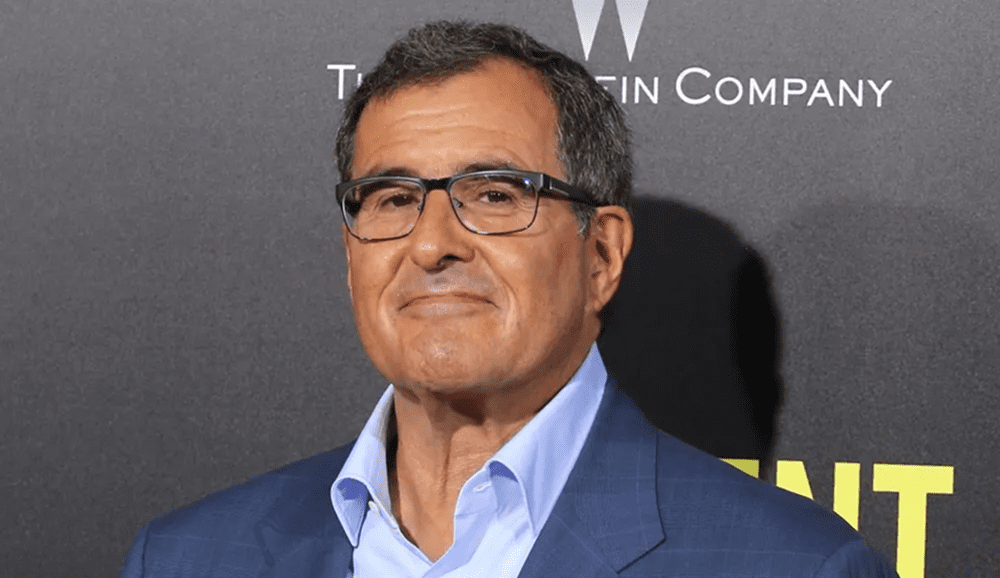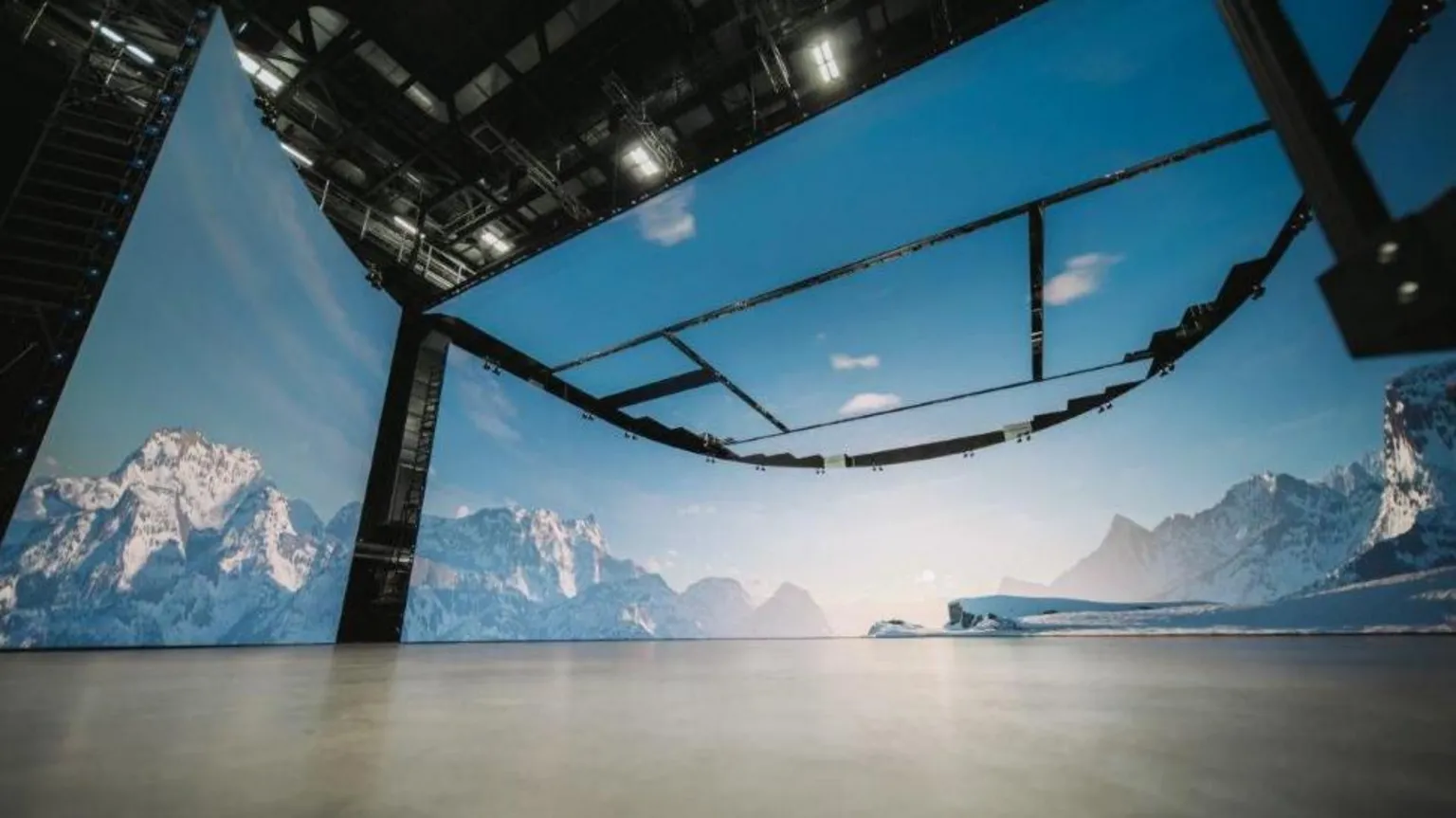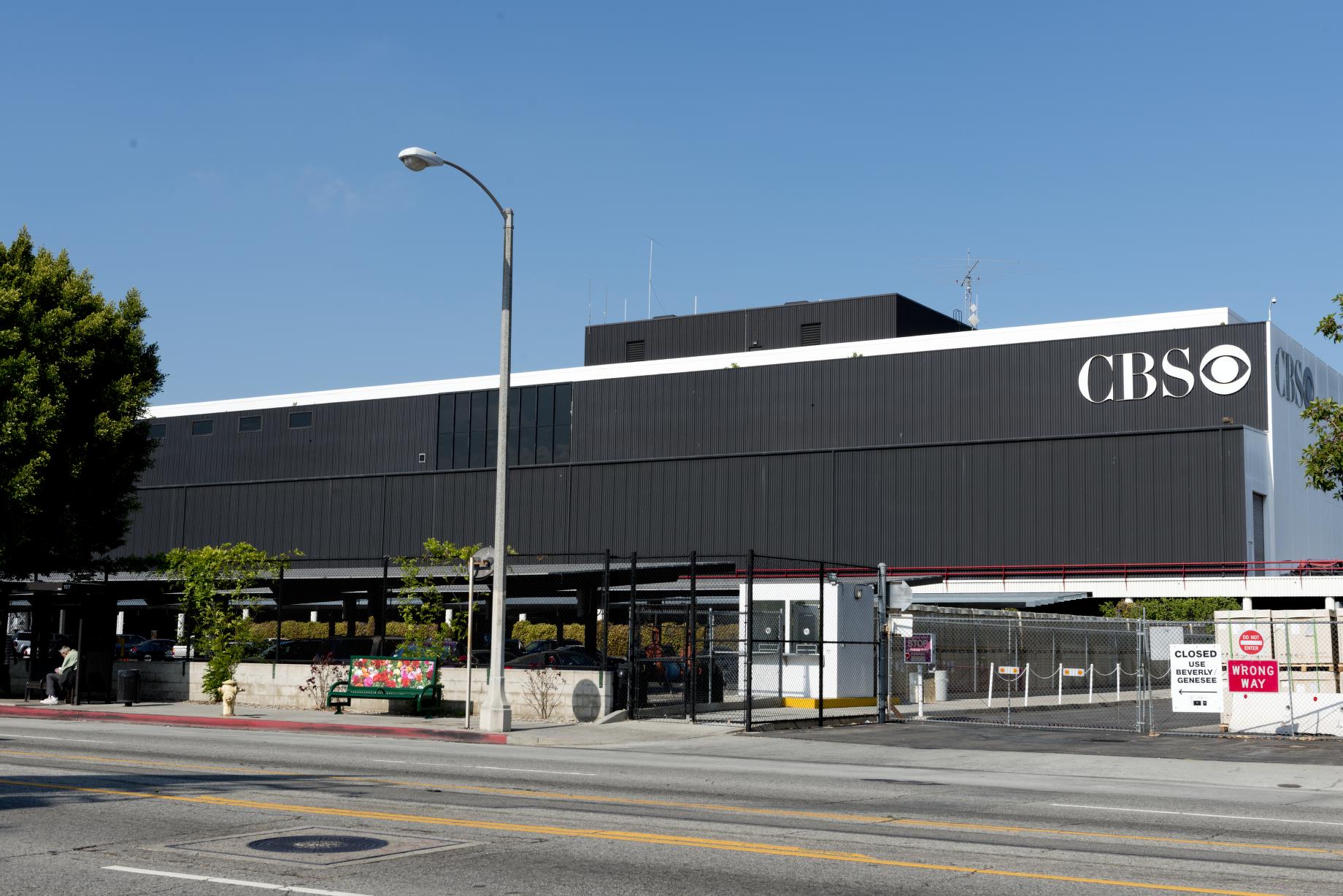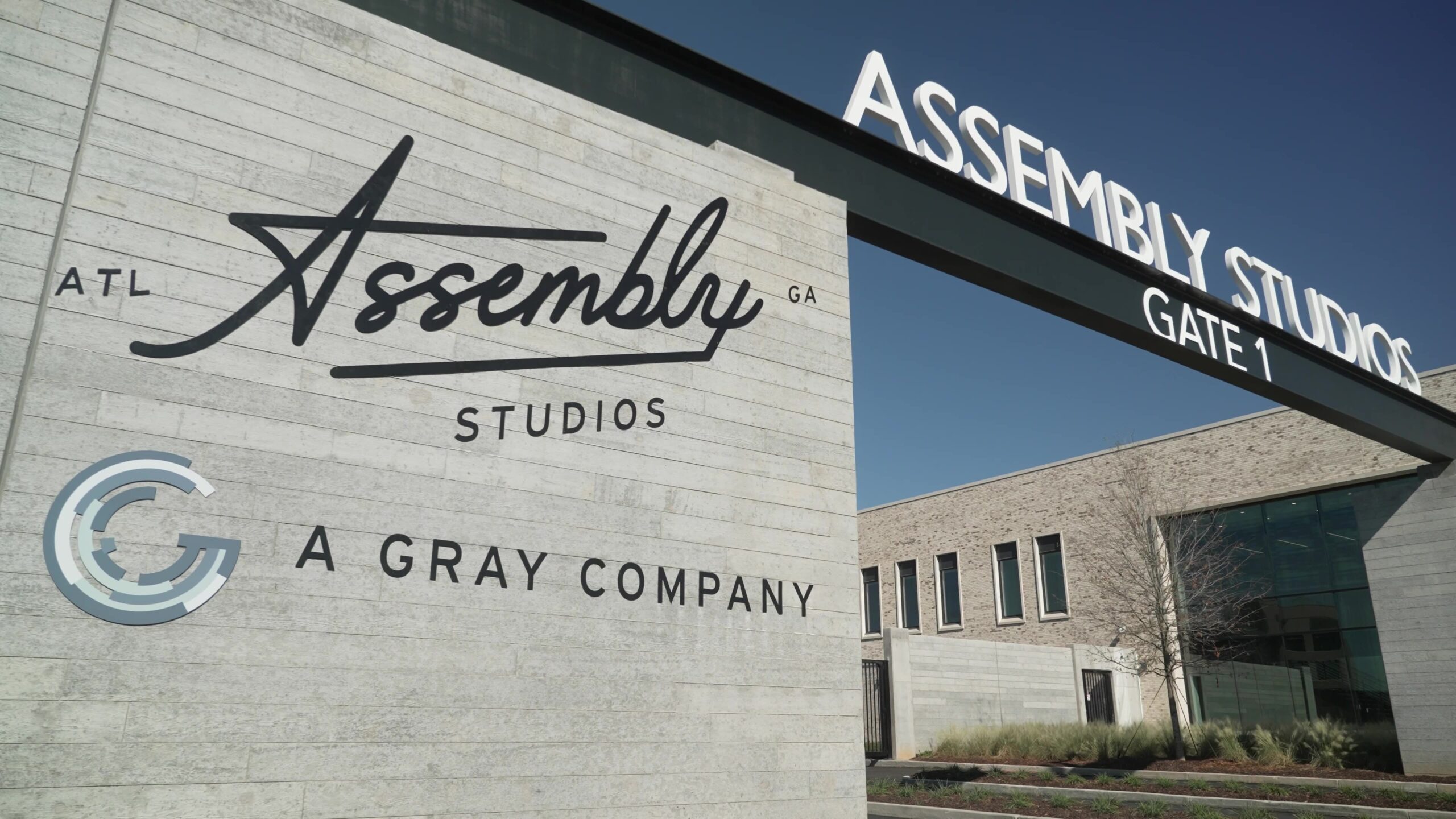After four years of operations, Upriver Studios in Saugerties, New York has officially closed its doors. Co-founded by Actor and Producer Mary Stuart Masterson and Media Strategist and Filmmaker Beth Davenport in 2020, their mission was to attract Hollywood to upstate New York and establish a thriving industry hub in the region, but they soon realized that long term viability was no longer a reality.
In an exclusive interview with Times Union, Masterson explained that Upriver Studios vacated its 101,000-square-foot space in the Hudson Valley at the end of July. While the studio secured the HBO Max series Pretty Little Liars: Original Sin as its first major production, the onset of the COVID-19 pandemic and subsequent industry strikes made it difficult for the fledgling studio to gain momentum. The ripple effects from labor strikes further compounded the challenges, forcing the studio to close despite its promising start.
“It was just too many months of these problems,” Masterson shared. “In four years we had, I think, 27 months where we could not have worked. As a tiny startup, it just was going to be too hard to dig out from under. But having said all that, the most frustrating part was we know and still feel very strongly that there is a big future upstate for film and TV, and we just couldn’t make it in time.”
Despite Upriver’s closure, Stockade Works, the nonprofit training program also co-founded by Masterson and Davenport, will continue its operations. Stockade Works has trained hundreds of locals in film and TV production, with a mission of providing opportunities to those traditionally excluded from the industry. “It’s more of an ecosystem project, nurturing the industry in order to create opportunities for people,” Masterson emphasized.
The building that once housed Upriver Studios, owned by Kevin Pitcock of Peak Trading Corporation, had sat mostly unused before the production facility moved in. What the future holds for the space is yet to be determined.
The vision for Upriver Studios began in 2015, when Masterson and Davenport conceived of a large production facility in the Hudson Valley. Their broader goal included not just creating jobs, but fostering an inclusive industry while developing the local workforce.
Upriver Studios was designed as a public-benefit LLC with plans for sustainable practices, including running on 100% renewable energy by 2030. Press coverage from major outlets like Forbes, CNBC, and Variety highlighted the studio’s innovative approach.
Financially, Upriver Studios relied on $4.6 million from impact investors—individuals who prioritize social and environmental returns along with financial ones. The studio reached its peak employment with a modest team of 11 but was down to a single full-time employee when it closed.
“We were just a startup,” Masterson reflected. “If we were funded by a big studio or by deep pockets, it would have been different.”
Upriver also played a role in advocating for expanded film tax credits in Albany. New York’s state budget for 2023 raised the Film Production Tax Credit cap to 30%, with an additional 10% incentive for productions filming upstate, a move meant to stimulate regional production efforts. While opinions differ on the overall economic impact of these tax breaks, supporters like Senator Michelle Hinchey have pointed to Upriver Studios as an example of how these incentives can benefit the local economy.
“Upriver has been a creative force in our region, and it’s heartbreaking to see it close after all they’ve done to support our local workforce and put the Hudson Valley back on the map as a hub for film and TV production,” Hinchey said. “But I’m confident in the future: We’ve updated the upstate Film and TV Tax Credit to bolster future projects that will create jobs and bring major economic investment to our region.”
Despite this setback, Masterson and Davenport remain hopeful about the future of the film and television industry in the Hudson Valley, particularly with the possibility of larger productions returning to the region. The studio’s impact was evident, with Pretty Little Liars alone contributing $6 million to local wages during its one season of filming. And according to Laurent Rejto, President of the Hudson Valley Film Commission, productions spent around $30 million locally in the first half of 2024.
“I think there is such a foundation here in the Hudson Valley — from local crew to great shooting locations to a whole group of people working to make this a go-to destination for film and TV — that it will continue to thrive in the future, especially as the market resettles itself,” Davenport shared.
Masterson echoed those sentiments, acknowledging that while the closure was painful, it reflected larger challenges facing the entertainment industry as a whole. “It definitely hurts, but I think the industry itself is hurting,” she said.
Though Upriver Studios may be closing, the door isn’t entirely shut on future soundstage projects for the Hudson Valley. Masterson and Davenport remain open to the possibility of collaborating with other companies on similar ventures in the future, though it likely won’t be under the Upriver Studios banner. For now, Umbra in Newburgh stands as the region’s sole large-scale soundstage, but the potential for more capacity in the Hudson Valley remains.
“There is a bright future for soundstages in the region, and I hope Mary Stuart and I can be part of that,” Davenport added.
Masterson, whose Hollywood career spans decades, has long been a champion of the Hudson Valley, where she has lived full-time since 2013. Meanwhile, Davenport, an experienced director and producer, has continued to balance her film work with a passion for nonprofit management. Together, their efforts have left a lasting impact on the region’s growing film and television landscape, even as the industry navigates uncertain times.
